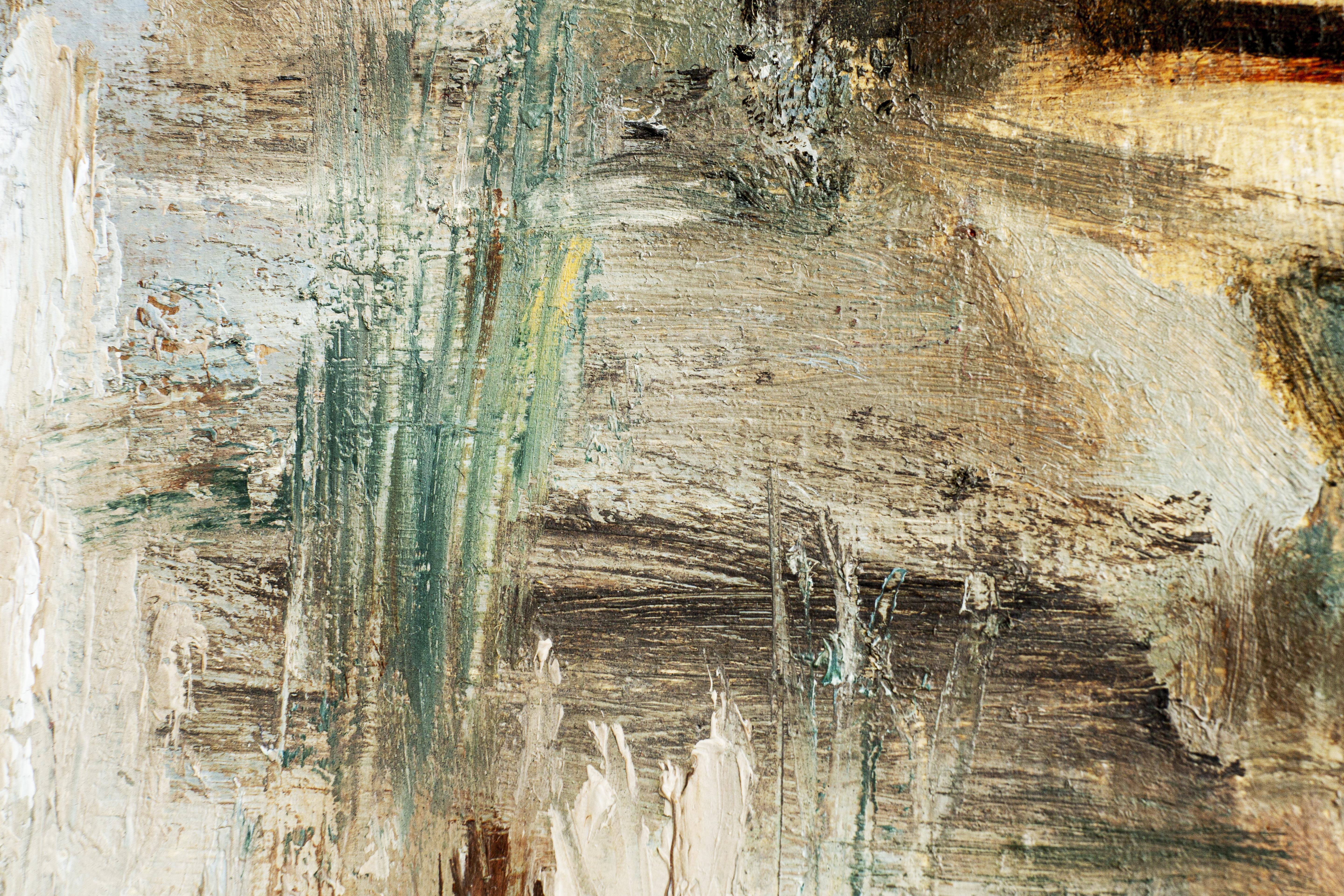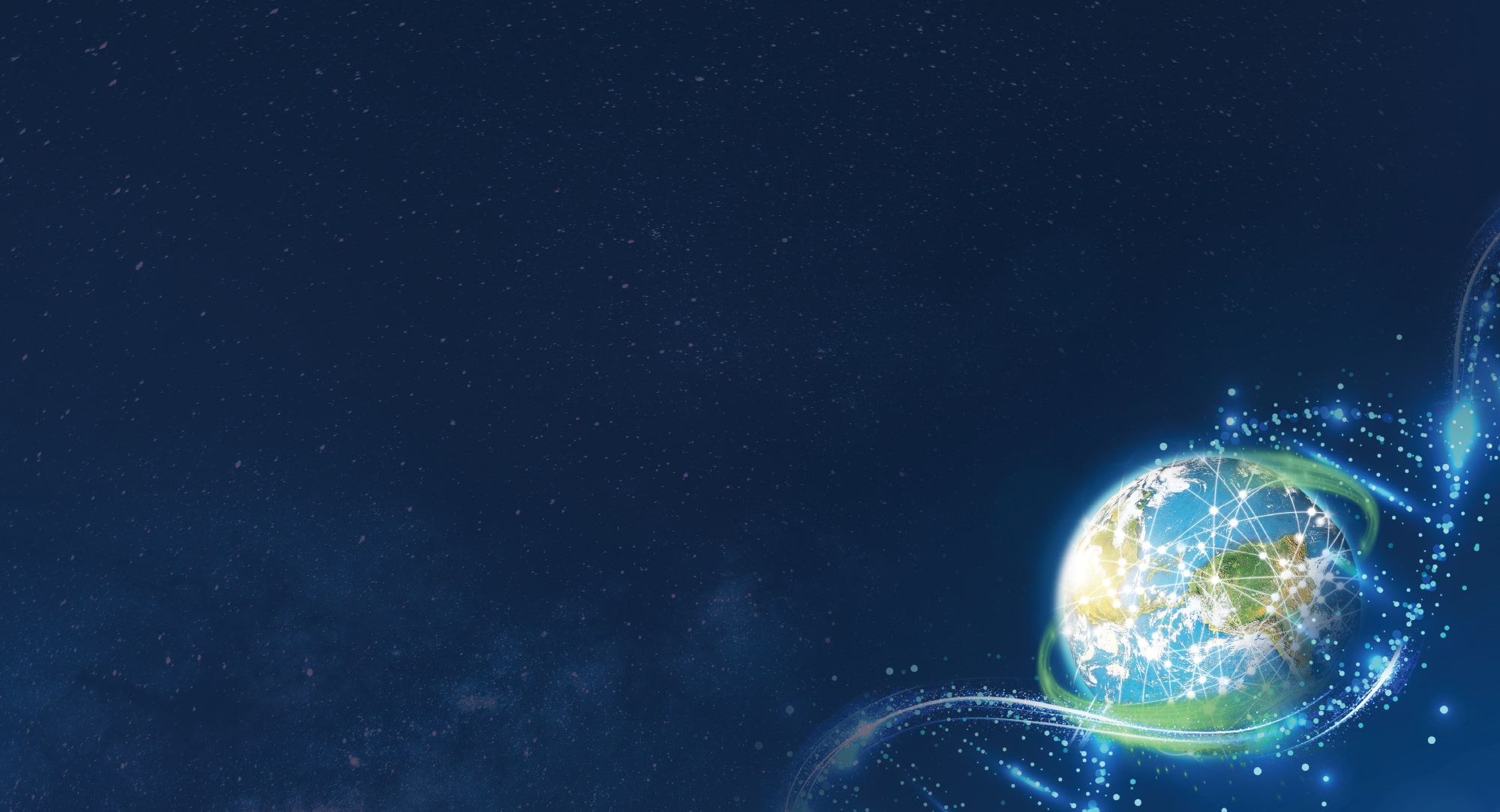We agree and acknowledge that our images, photos and videos taken during The Online Winter School 2021 may be used in promoting the future University for Life and Peace, or within Ling Jiou Mountain Group or any future non-commercial purposes.
The Human Science Centre of University of Munich, Germany and
The University for Life and Peace Preparatory Office, Taiwan
Transformation is necessary. And it is possible. It will affect all areas of life: Technologies, economy, politics – and more than anything else our mental set up for the ways of thinking, feeling and acting. To say it in one word: it is to be an integrated view on the world, and integrated life-style, based on the insight of reciprocity or a systemic perception of things. Only if we develop both better technologies and better consciousness we will succeed.
Better technologies means that we understand the interdependence of all that is and construct systems of machinery adopted to this fact, better consciousness means a mind that integrates reason and emotion, that has learned to realize wholeness, that is content because it has reached a level of mindfulness so as to prefer quality before quantity.
To train the mind is possible. Let us engage in it. To develop sciences and technology in such a way, that we do not destroy nature but enhance it, is possible. Let us engage in it. What is crucial here is an education that takes care of both sides. This is exactly what the University for Life and Peace wants to achieve, what this Winter School is all about. Let us go to work, with courage, self-restraint, joy and diligence.

Ecological transformation is not possible only by technological advancement but requires also changes in the way of governance in the fields of science, technology, administration, education etc. It requires a transformation of human behaviour by deeper knowledge in all action fields of individual and institutions. However, different studies have shown that mere knowledge does not provide sufficient motivation for changing human’s behaviour. Rather, 4 factors have been identified, which would play a crucial role in this respect. Accordingly, any ecological engagement

The Winter School 2020 starts with the mental and emotional motivation on the one hand and the social and economic incentives on the other hand, mediated by the media which have such an enormous influence on the strategies of action by individuals, companies and governments. Investments, capital flow and other far-reaching decisions direct the economic incentives and production as well as consumption processes. Government regulations and tax systems set frames for rational choices. Transforming these systems locally and on a worldwide scale might work only if this transformation fulfils the 4 factors mentioned. So, in projects designed to create a creative learning experience to students and faculty together, students would have to ask which changes could be implemented locally and globally so that these 4 factors might be addressed properly.

The Winter School 2020 will be built upon the experiences and feedbacks of the Winter school 2019. It will develop the topics discussed into more detailed directions. There will be a focus on 3 dimensions of the Ecological Transformation:
All these dimensions will be dealt with by internationally leading specialists, their findings and suggestions shall be combined by interdisciplinary approaches in 4-5 Project research groups which will develop suggestions for concrete solutions for Ecological Transformation. Topics and Strategies for the Group Projects will be determined in cooperation with all the members of the Faculty, Advisors and Students during the first days of the Winter School.
Structure of Panels:
Papers:
Students accepting our invitation agree to write an academic paper after the Winter School in due time. On that basis they will be given a certificate, issued by the Human Science Centre at the University of Munich, Germany.

Faculties:
Prof. Dr. Michael von Brück, Human Science Center, Ludwig Maximilians University
Dr. Tadeu Caldas, Global Expert on Sustainable Development, Ecotropic Consulting GmbH
Prof. Dr. Peter Edwards, Chairs of Sustainability Research Initiative of Swiss Academy of Natural Sciences
Ms. Elisa Facchini, Project Manager, Lampi Marine National Park, Myanmar
Prof. Dr. Nay Htun, Founder of Green Economy Green Growth, Former U.N. Assistant-Secretary-General, (UNDP, UNEP), USA
Prof. Kenneth Pugh, President and Director of Research at Haskins Laboratories, Yale University and University of Connecticut
Prof. Dr. Eva Ruhnau, Scientific Director, Human Science Center, Ludwig Maximilians University
Ms. Tammy Turner, Permaculture Institute, Taiwan
Prof. Dr. Ovid Tzeng, Chancellor, Taiwan University System
Prof. Dr. Anastasia Zabaniotou, Department of Chemical Engineering, Aristotle University of Thessalonik
Advisors:
Dr. des. Alexander Benz, Human Science Center, Ludwig Maximilians University
Prof. Dr. Ruben Habito, Southern Methodist University Dallas, Texas
Prof. Dr. Myint Thu Myaing, Dept. of Law, University of Yangon, Myanmar
Dr. Maria Reis-Habito, Program Director Museum of World Religions, Taiwan
Prof. Dr. Khin Khin Soe, Dept. of Geography, University of Yangon, Myanmar
Dr. Larry Wong, Senior Advisor in various institutions Myanmar
We agree and acknowledge that our images, photos and videos taken during The Online Winter School 2021 may be used in promoting the future University for Life and Peace, or within Ling Jiou Mountain Group or any future non-commercial purposes.

Date: 2020 Jan 8-18
Location: Yangon, Myanmar